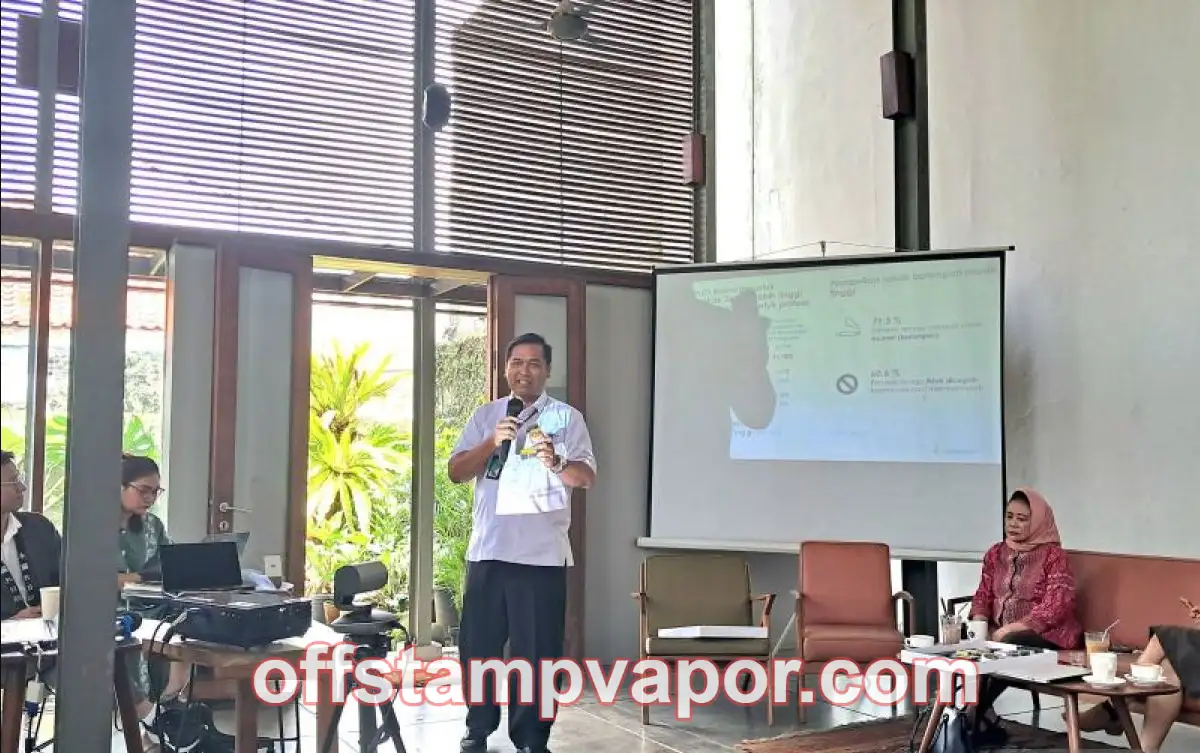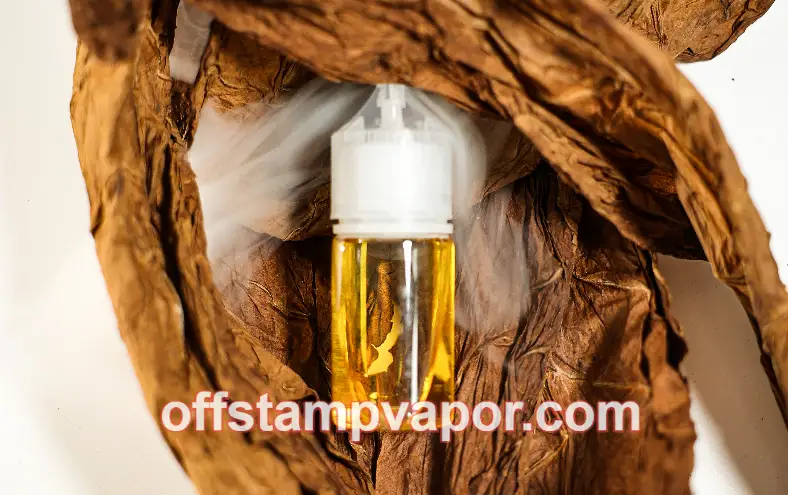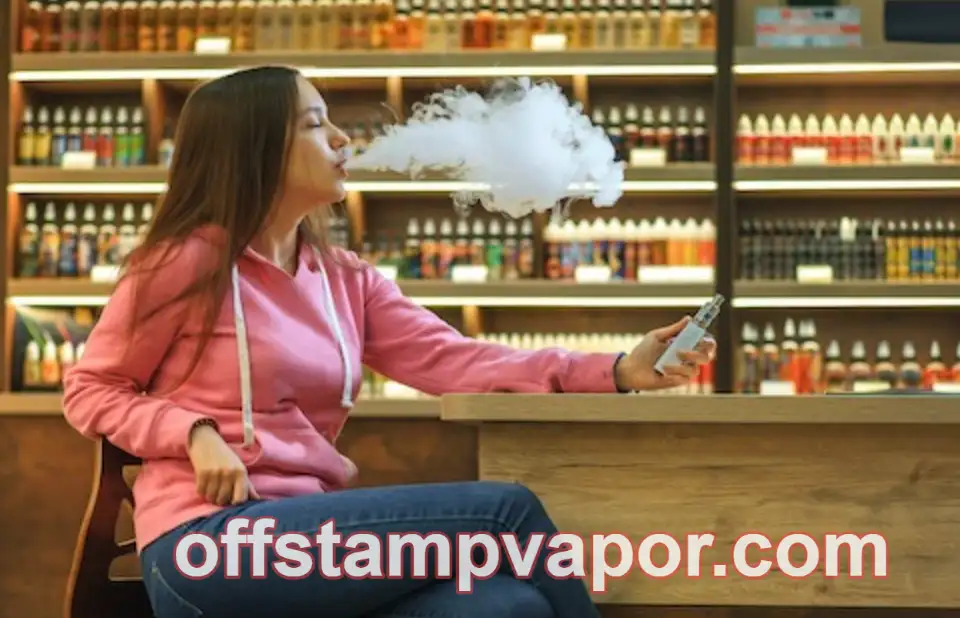As one of the largest tobacco markets in the world, Indonesia has faced a growing challenge in balancing the economic benefits of its tobacco industry with public health concerns. With the rapid rise of vaping and e-cigarettes, a new wave of regulations has emerged, putting additional pressure on the industry. In 2023, Indonesia’s Ministry of Health issued new regulations under Government Regulation No. 17, which aims to tighten controls over the production, sale, and marketing of both traditional tobacco products and vapes. This includes restrictions on flavors, the age of consumers, and new labeling and testing requirements. Let’s dive into these changes and what they mean for businesses and consumers alike.
Redefining Addictive Substances: A New Scope for Tobacco and Vapes
Under the new regulation, Indonesia expands the definition of “addictive substances” to include not only traditional cigarettes and cigars but also vape products, including both nicotine and non-nicotine variants, as well as heated tobacco products. This is a significant move that brings vapes under the same regulatory framework that governs conventional tobacco. What does this mean for businesses?
Simply put, manufacturers and importers of vape products are now required to follow the same rigorous rules that apply to the tobacco industry. This includes market access restrictions, mandatory health warnings on packaging, age limits for sales, and more stringent advertising bans. This is a shift that will demand careful attention to detail for companies that deal with vaping products, particularly in areas like labeling, production processes, and marketing strategies.
Production and Sales: A Tougher Scrutiny
1. Nicotine and Tar Limits
As part of these new regulations, the nicotine and tar content of both traditional cigarettes and vape products will be subject to stricter limits. Manufacturers and importers will need to test each batch for nicotine and tar levels and submit these results to Indonesia’s Food and Drug Authority (BPOM). This means that vape products, including popular options like Off Stamp SW9000, will need to meet these strict content standards before they can hit the market.
2. Testing Standards
To ensure the accuracy of nicotine and tar measurements, the new regulations stipulate that manufacturers must use only BPOM-approved testing methods. If businesses lack the necessary equipment, the Ministry of Health can approve alternative testing technologies. However, meeting these standards will likely increase production costs, making compliance a significant hurdle for smaller manufacturers.
3. Detailed Ingredient Lists for Vapes
For vape products, the regulation adds a new layer of scrutiny. In addition to complying with the nicotine and tar content limits, manufacturers must now submit a full list of ingredients and additives to BPOM. This includes the Off Stamp flavors that are often a major selling point for vape users. Brands must now be fully transparent about the composition of their products, which could make it more challenging to introduce new or experimental flavors without going through a lengthy approval process.
4. Pre-market Testing and Ongoing Monitoring
Before any product is sold, it must pass rigorous pre-market testing. The new regulation also requires that products undergo additional testing throughout the distribution process. This ensures that vapes, such as Off Stamp SW9000, remain consistent in quality and safety throughout their lifecycle. This increased monitoring and testing could delay time to market and add costs for vape businesses, but it’s essential for ensuring consumer safety.
Sales and Distribution: New Restrictions to Protect Youth
1. Raising the Minimum Legal Age
One of the most significant changes in the new regulation is the increase in the minimum age for purchasing tobacco and vape products. Previously, the legal age was set at 18, but under the new rules, individuals must be at least 21 years old to legally buy these products. This move is designed to curb youth smoking and vaping, and online sellers are now required to verify that customers are over 21 before completing a sale. This could present new challenges for online vape retailers who now need to implement more sophisticated age verification systems.
2. Ban on Sales Through Vending Machines
Vending machines have been banned as a sales channel for tobacco products in Indonesia, and now, this restriction extends to vape products as well. The government’s goal is to reduce impulsive purchasing, especially among minors who might be more likely to access tobacco or vape products from vending machines in public spaces. So, businesses that previously relied on vending machines for sales must now pivot to more controlled retail environments.
3. Single Cigarette Sales Prohibited
In a move to discourage impulse buying, the new regulation bans the sale of single cigarettes. While cigars and vapes, including Off Stamp SW9000, are exempt from this rule, the ban on single cigarettes is aimed at reducing low-cost purchases that could appeal to underage or casual buyers. This prohibition could have a significant impact on traditional cigarette sales, but it also indicates a more comprehensive approach to regulating tobacco and vape products.
4. Restrictions on Display and Location of Sales
The new regulations also place restrictions on where tobacco and vape products can be displayed in stores. Products can no longer be placed at store entrances, exits, or in high-traffic areas. This is an effort to reduce impulse buying, particularly by those who may not have planned to purchase such products. Vape products like Off Stamp flavors may be less visible to consumers, but the goal is to make it harder for people—especially minors—to easily access these items.
5. Sales Near Schools and Playgrounds
The new rule tightens restrictions even further by banning the sale of tobacco and vape products within 200 meters of schools and playgrounds. Previously, such products were prohibited from being sold within schools and children’s recreational areas, but the expanded rule aims to close any remaining gaps and prevent minors from being exposed to these products.
Tighter Advertising Regulations: Social Media and Beyond
Indonesia’s new regulations include stricter rules about advertising for tobacco and vape products. Social media platforms are now banned from promoting or advertising tobacco and vape products, which has already created a significant shift in how companies market their products. Since young people are active on social media, this ban is seen as a critical step in reducing their exposure to tobacco and vape advertising.
For businesses like Off Stamp, this change requires a major pivot in marketing strategies. Social media ads, once a powerful tool for reaching younger audiences, are now off the table. In response, brands are turning to alternative marketing methods, such as email campaigns, industry events, and even in-person activations like product trials or sponsored experiences.
However, businesses can still advertise on websites and apps, as long as they adhere to strict compliance rules. This includes making sure that ads feature clear health warnings and are only directed at individuals 21 years and older. Moreover, businesses must implement strong age verification systems to ensure that minors don’t gain access to this type of content.
The government is also considering a “plain packaging” policy, which would eliminate branding on tobacco and vape products. While this would reduce the ability of companies to build brand identity, some argue it would create an even playing field and could reduce the attractiveness of these products to younger people.
What This Means for Vape Companies: Navigating the New Normal
For vape companies, especially smaller ones, the regulatory landscape in Indonesia is becoming more complex. While companies must adhere to the new rules, they must also find innovative ways to engage with their audience in compliance with these regulations. One possible approach is focusing on the offline experience—establishing vape lounges, participating in regulated trade shows, or sponsoring industry events.
Brands like Off Stamp SW9000 can also focus on building relationships with their customers through direct communication—such as email newsletters or dedicated brand websites—that align with the new rules while still promoting their flavors and product offerings. In the face of social media bans, companies will need to become more creative in how they advertise their products without breaching the new rules.
Conclusion: The Future of Vaping in Indonesia
With the new regulations in place, Indonesia is making a bold attempt to curb smoking and vaping among its younger population while still balancing the economic needs of its tobacco industry. These changes present new challenges, but they also create opportunities for businesses that are willing to adapt to the regulatory environment. For companies like Off Stamp and others in the vape industry, staying ahead of the compliance curve and being proactive in their marketing strategies will be key to maintaining market presence in a rapidly evolving space.
As these rules continue to take shape, it’s clear that both consumers and businesses will need to stay informed and adapt to the new landscape to ensure they’re on the right side of Indonesia’s tobacco and vape regulations.
For more information and helpful tips on vaping, including everything you need to know about vape flavors and how to use them safely, be sure to check out our other blog posts. We’re here to provide you with all the latest insights and helpful guides to enhance your vaping experience! 😊💨